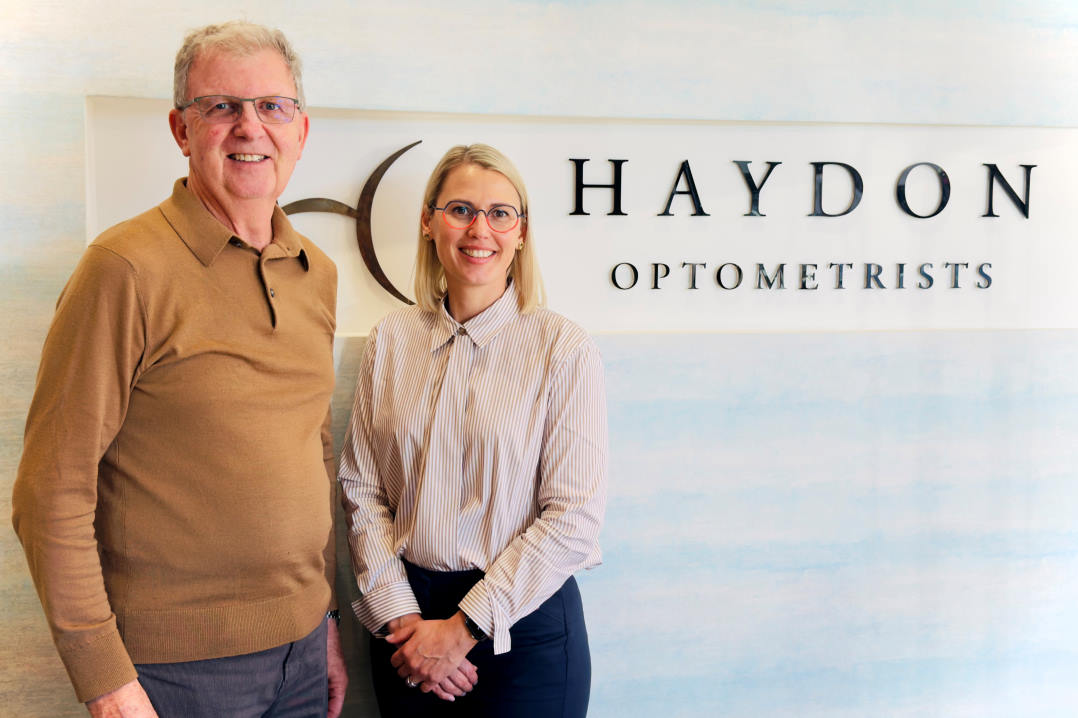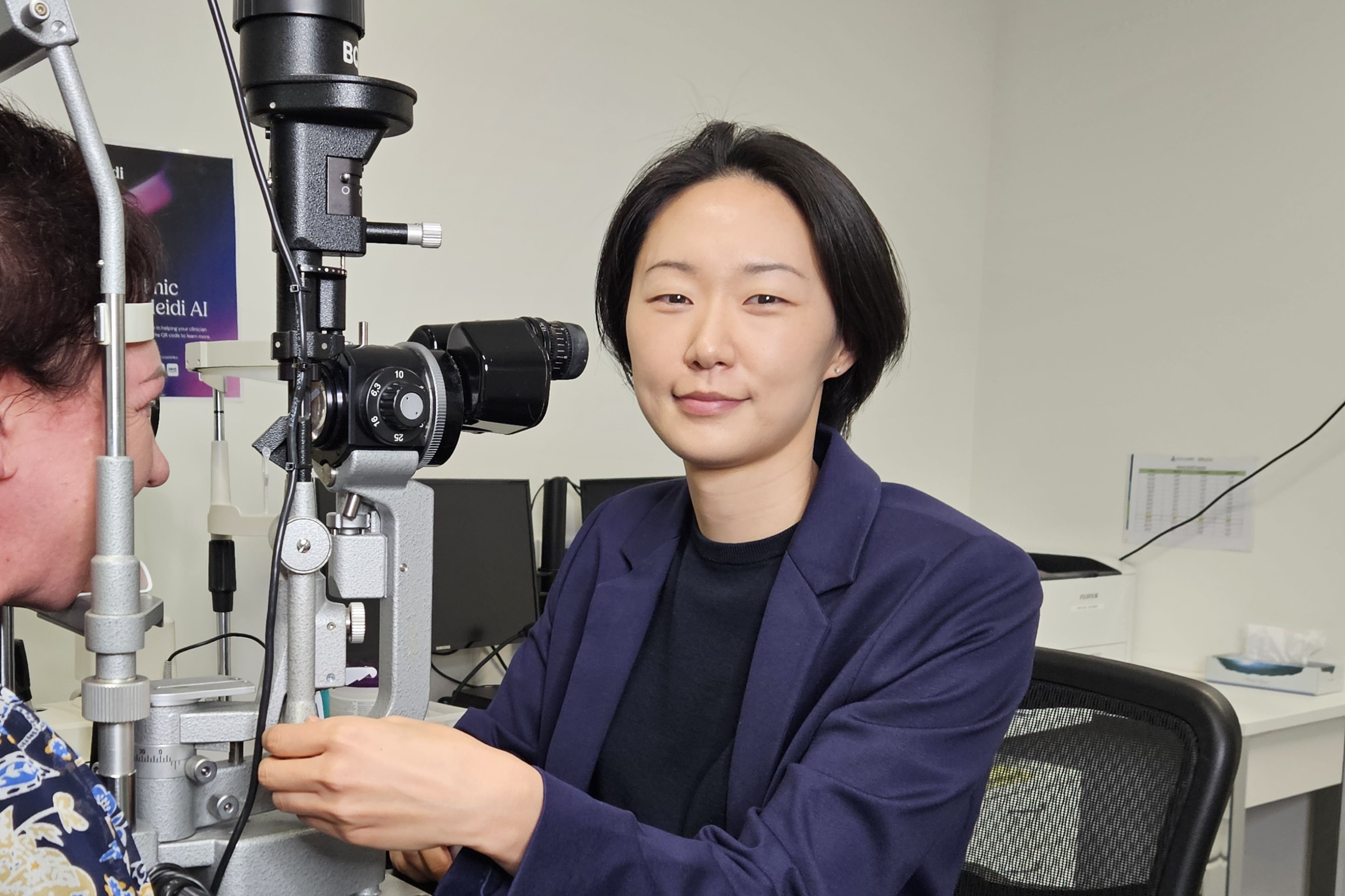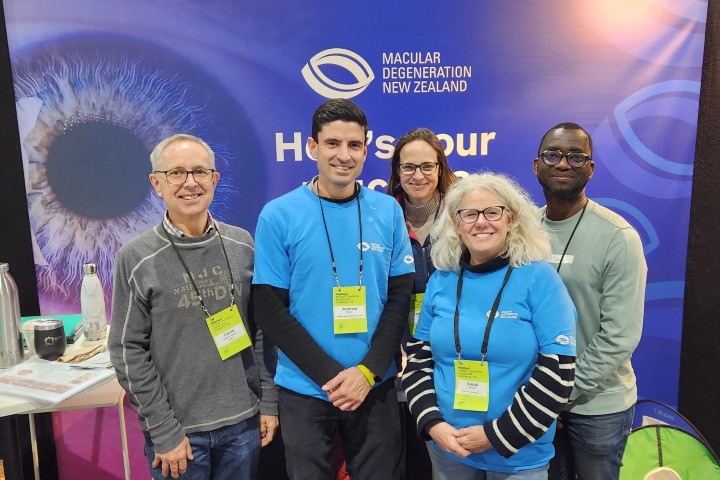Urgent need for improved retina care pathways
Capturing the lived experiences of patients and healthcare professionals, a new report highlights the significant systemic barriers faced by New Zealanders living with neovascular age-related macular degeneration (nAMD) or wet AMD.
Commissioned by Eye Health Aotearoa (EHA) and Roche Products New Zealand, the report underscores the need for improvements in early detection, communication and access to support, they said in a joint statement.
The majority of patients surveyed (81%) knew little or nothing about wet AMD before being diagnosed, the report found. Further, two-thirds (67%) of those diagnosed had to travel long distances for treatment, with those in rural areas particularly affected. Patients also reported experiencing feelings of anxiety (23%), compounded by a lack of clear information and limited access to support services, the report said.
EHA board member Dr Francesc March de Ribot said the situation is serious, but change is possible. “Age-related macular degeneration is one of the most common and serious causes of blindness in New Zealand, but we can improve the situation. With early detection and awareness, especially after the age of 50, we can prevent much of the irreversible vision loss we see today. Long-acting treatments are also changing lives by reducing the treatment burden for patients – but only if everyone can access them.”
The landmark report, ‘Identifying health systems constraints and barriers for people living with neovascular age-related macular degeneration’, has caught the attention of national media, with Dr March de Ribot interviewed for the Otago Daily Times, NZ Doctor, Stuff and RNZ’s Morning Report.
Dr March De Ribot said EHA is calling on the Government to take decisive action to ensure there is a coordinated plan to address inequities in access to treatment, support services and early detection for vision-threatening conditions including wet AMD; investing in a national awareness and prevention programme raising awareness about eye health; funding patient organisations providing patients with information, education and psychosocial support; and strengthening collaboration between the public, communities and the private sector.
“Without action, more New Zealanders will face unnecessary vision loss – robbing individuals of independence, burdening whānau and placing greater strain on our health system. It’s time to prioritise eye health and ensure all New Zealanders have access to the care they need,” EHA said.
The report was delivered by Advocacy Answers New Zealand and included the online survey responses of 33 patients, as well as in-person workshops with patients and healthcare providers.
























